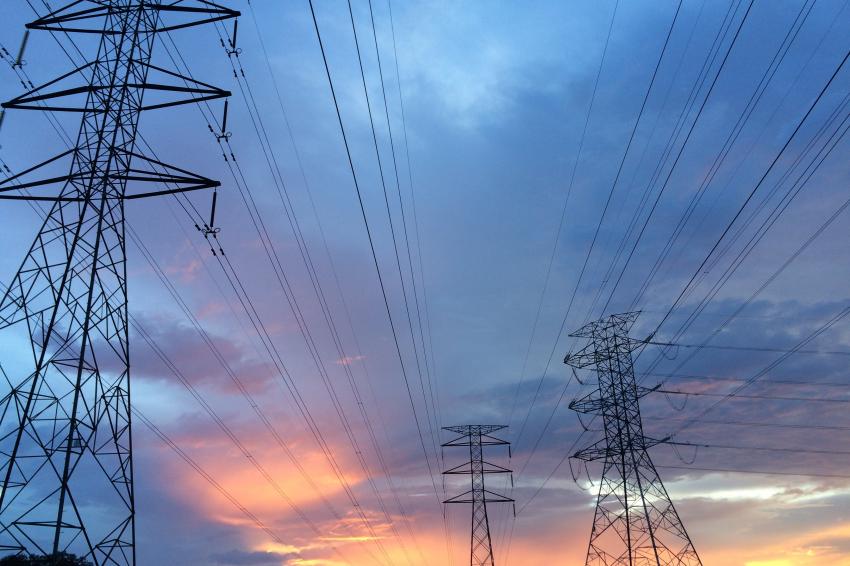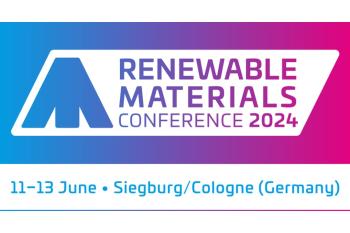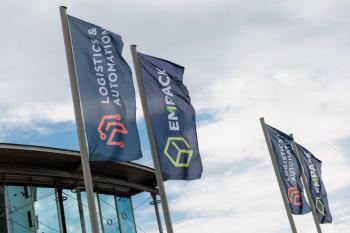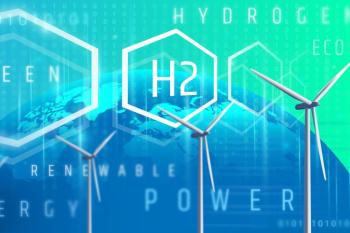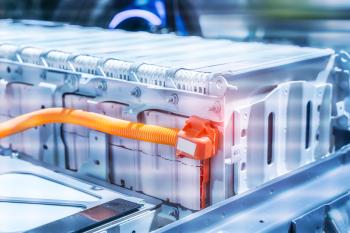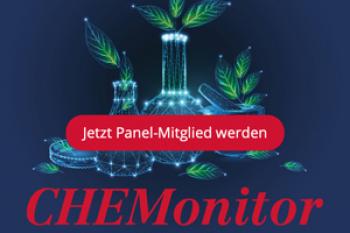Dow and Shell Link on Cracker Electrification
18.06.2020 -
Dow and Shell are working together to accelerate the development of technology to electrify ethylene steam crackers. These currently rely on fossil fuel combustion to heat their furnaces, making them CO2 intensive.
The companies said that as the energy grid becomes increasingly supplied by renewable sources, renewable electricity to heat steam cracker furnaces could become one of the routes to decarbonize the chemical industry. However, the challenge is to develop a technologically and economically feasible solution.
Project teams based in the Dutch towns of Amsterdam and Terneuzen and in the US state of Texas, are already designing and scaling “e-cracker” technologies. In the coming years, they will work to first prove their process technology innovations in laboratory and pilot operations, then scale up to commercial crackers.
“Significant technological breakthroughs are needed to reduce our industry’s energy use and greenhouse gas emissions, which will require companies to step out of their comfort zones and work together to achieve bold and ambitious new goals. Our partnership with Shell is an important step in making this vision a reality,” said Keith Cleason, vice president Dow Olefins, Aromatics and Alternatives.
Thomas Casparie, executive vice president of Shell’s global chemicals businesses, added that the work with Dow has the potential to contribute to the reduction of carbon emissions from chemicals production as well as to Shell’s ambition of becoming a net-zero emissions energy business by 2050 or sooner.
Dow has also just announced what it termed “aggressive” new commitments to address climate change and plastic waste as it aims to become “the most innovative, customer-centric, inclusive and sustainable materials science company in the world.”
The new targets, which build upon its 2025 sustainability goals, include cutting its net annual carbon emissions by 5 million t, or 15%, from its 2020 baseline. Like Shell, Dow also intends to be carbon neutral by 2050, in line with the Paris Agreement.
In addition, Dow has entered into renewable power agreements for its manufacturing at its facilities in the US states of Texas and Kentucky and in Argentina and Brazil, securing 338 more megawatts of capacity from renewable sources, representing an expected reduction of more than 225,000 t of CO2 equivalent.
With regard to plastic waste, Dow’s aim is to enable 1 million t of plastic to be collected, reused or recycled through its direct actions and partnerships by 2030. It has also pledged to have 100% of its products sold into packaging applications to be reusable or recyclable by 2035.

